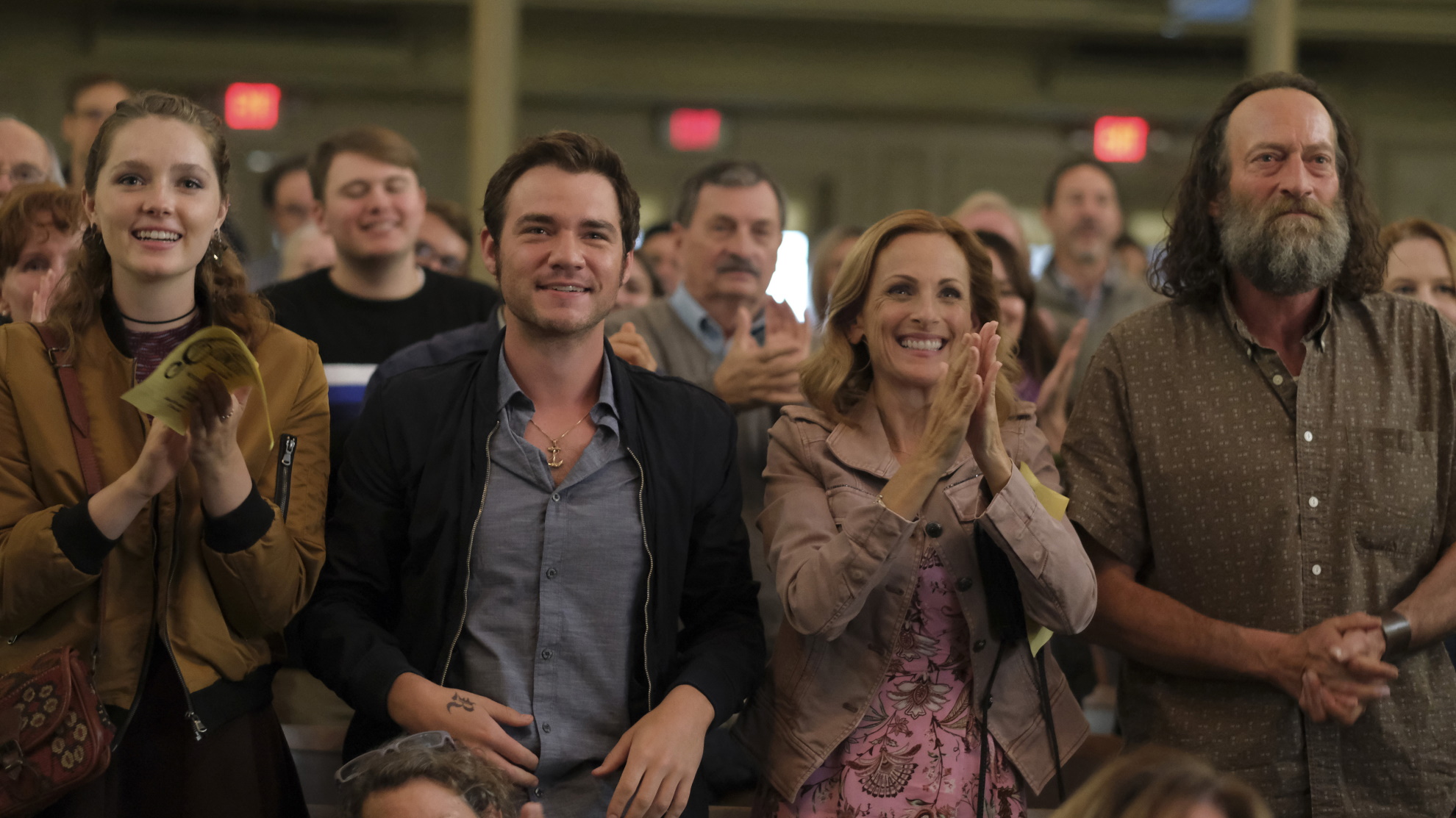“There are three classes of people: those who see, those who see when they are shown, those who do not see” Leonardo Da Vinci
Text by: Dimitris Maroulis
The Appetizers
Child of Deaf Adults is what CODA stands for. It is the movie that won three Oscars this year, among them the one of the Best Picture. Apparently, you watched it at home as it is streamed from Apple TV, it was not at cinemas. This, though, was not a disadvantage and it did not shade its merits. It is a highly diverse movie as three of the main characters are originally deaf. In this family only the daughter can hear. This makes her their window to the rest of the world, to the world of the non-deaf adults. They run a fishing business which just helps them make the ends meet. Actually, it happens what happens in the real world, there is a middleman that buys cheap and sells with great margin, this means he takes advantage of the hard working family. Ruby (the daughter) supports the business and does all the other things a normal teenager usually does, namely, goes to school, has a problematic social life and dreams a lot. She loves singing, she is really good at it and she confirms this when she joins her school choir. The teacher there, there is always a teacher around, offers to prepare her to win a scholarship at a prestigious music university. From this point and then the problems begin.. As in real life, Ruby needs to decide what to do: to reject the offer and continue supporting her deaf family or accept the offer and abandon them. In this heartwarming, coming-to-the-age little masterpiece, we can see what it means to take responsibility for your future. When singing tips the balance, Ruby decides to run after both but the rest of the family needs her the most. However hard she tries, it is a battle she cannot win. My future against my family’s. Tough, isn’t it? Life, though, cannot afford dead ends. The touchy end proves that Ruby wins both: her dreams and her family.
The Main Course
I bet you think that this feel good movie should be watched by your students, and, that you have to prepare a nice, long worksheet for them, with all the topics, issues and themes that arise from the watching. Perhaps you may ask them to write something relevant or you may organize a nice, relaxing debate about the differences between deaf and hearing people, why the former avoid the latter and how the latter should feel guilty that exclude deaf people from almost all sorts of social interaction, including job opportunities. Possibly, you may ask your students to talk about how deaf families raise their kids and how irresponsible it may be to hang on from a hearing member.
Do nothing of all these, do not even organize a group watch, for the issue is not your students but you, yourself. I recommend you watching the movie with open heart and open mind. Make all the necessary associations between the movie, the reality of the movie, what the movie really portrays and your classroom reality, what your classroom really promotes. Think while watching: what you preach and what you teach. Think while watching: how the movie is realized in your classroom and its practices and pedagogies. Do a “who is who” matching. Are you Ruby’s mother, especially when she reveals that she prayed for her daughter to be born deaf because she did not want to disappoint her daughter later in life? Are you Ruby’s father, when he touched Ruby’s vocal chords to “hear” her auditioned song? Are you Ruby’s brother, who begged her to leave them and follow her heart? Who are you? Can you sound “GO” when time comes? Are your goodbyes greetings or flash life summaries? What are you for your students, a teacher or a “parent”? What is Mr. Villalobos for Ruby? Have you ever felt you owe your family what they think they owe you? Is your class a family? Are you like the Rossis?
What I am asking you to do is not to “watch” the movie not even “think about” the movie I am asking you – quite honestly – to “live” the movie. Sit back, stay calm, and “see” it. All its 110’ minutes. Then answer the following questions:
The Fortune Cookie
70% of the prisoned people are illiterate. Why? More than two thirds of teenagers all over the world suffer from depression symptoms. Why? School is hated by most of the people who are housed in it. Why?
Do not see students as students, see them as family members, bond with them, care about them, share with them. This is the movie about. It is about a new way to raise learners.
